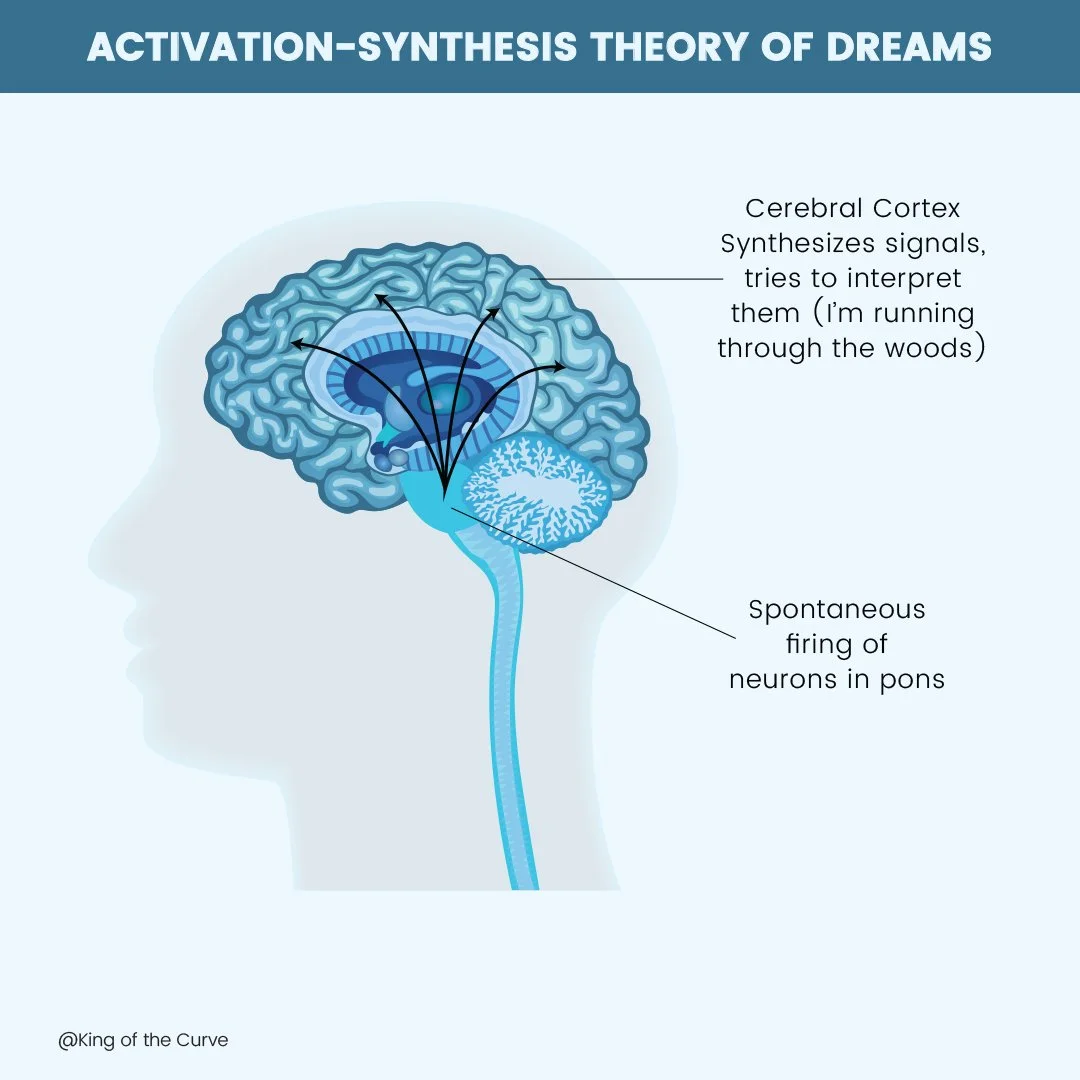
Anemia – Types, Causes, and Clinical Insights
Anemia is a common blood disorder characterized by a low red blood cell (RBC) count or hemoglobin levels, leading to reduced oxygen transport in the body. It can result from various causes, including nutritional deficiencies, chronic diseases, genetic disorders, and immune system dysfunctions.

Adrenal Cortex: MCAT Breakdown of Steroid Hormone Synthesis
The adrenal cortex plays a vital role in hormone synthesis, regulating stress responses, electrolyte balance, and sex hormone production. A high-yield MCAT topic, understanding the steroid synthesis pathways is essential for success in the Biological and Biochemical Foundations of Living Systems section.

Mastering Cell Membranes for the DAT: Structure, Function, and Transport
Learn about cell membrane structure and function for the DAT! Understand the phospholipid bilayer, membrane proteins, and transport mechanisms to ace DAT biology.

Understanding Congestive Heart Failure (CHF) – Diagnosis & Management
Learn about Congestive Heart Failure (CHF) for USMLE exams, including diagnosis, symptoms, and management strategies. Essential for medical students!

Alcohol Withdrawal Delirium – Understanding Delirium Tremens (DTs)
Learn the symptoms, causes, and treatment of Delirium Tremens (DTs), the most severe form of alcohol withdrawal. Essential for NCLEX & USMLE prep.

Adaptive Immune System: MCAT Breakdown of CD8+ Cytotoxic T Cells
CD8+ T cells are a subset of T lymphocytes that recognize and eliminate infected or cancerous cells. These immune cells play a crucial role in adaptive immunity by binding to major histocompatibility complex class I (MHC I) molecules, which present antigens from intracellular pathogens.

How to Improve Your MCAT CARS Score: Strategies & Practice Tips
The Critical Analysis and Reasoning Skills (CARS) section of the MCAT challenges students with dense passages and complex reasoning questions. Many test-takers find this section difficult because it does not rely on memorization but rather on reading comprehension and analytical thinking. Here’s how you can improve your MCAT CARS score with effective strategies and smart practice techniques.

Mastering Neurotransmitters & Synaptic Transmission for the DAT
The nervous system relies on neurotransmitters to send signals between neurons, playing a critical role in cognition, movement, and emotions. Understanding neurotransmitters and synaptic transmission is essential for DAT biology, especially for questions related to neurophysiology and pharmacology.
This blog will explore how synaptic transmission works, the types of neurotransmitters, and their role in the human body.

Pulmonary Embolism: Diagnosis and Management for the USMLE
Learn about pulmonary embolism, its risk factors, clinical features, diagnosis, and treatment. A high-yield USMLE topic with KOTC science visuals for better retention.

Adrenal Gland Hormones – NCLEX Guide to Sugar, Salt & Sex
Learn the 3 S’s of adrenal hormones (Sugar, Salt, Sex) for the NCLEX. Understand glucocorticoids, mineralocorticoids, and androgens with high-yield nursing tips!

Acyl Carnitine Translocase: Key Transporter in Fatty Acid Metabolism
The mitochondrial membrane is impermeable to long-chain fatty acids. To enable their transport, the carnitine shuttle system uses Acyl Carnitine Translocase to move Acyl CoA into the mitochondrial matrix, where β-oxidation occurs.

Hyponatremia: Causes, Diagnosis, and Management for the USMLE
Hyponatremia (serum sodium < 135 mEq/L) is the most common electrolyte abnormality seen in hospitalized patients and frequently appears in USMLE Step 1 and Step 2 CK exams. This blog will cover the classification, causes, clinical presentation, diagnosis, and management of hyponatremia, along with KOTC science visuals to enhance retention.

Gastrointestinal Hormones: Key Regulators of Digestion for the DAT
Learn how gastrointestinal hormones like gastrin, secretin, and CCK regulate digestion! Master their functions for the biology section of the DAT.

Understanding Addison’s Disease – NCLEX Guide to Adrenocortical Insufficiency
Learn Addison’s disease for NCLEX with this high-yield guide! Understand symptoms, adrenal crisis, and nursing management for safe patient care.

Understanding Acute Pancreatitis: Causes, Mechanisms, and Lesions
Acute pancreatitis is a sudden inflammation of the pancreas that can range from mild discomfort to a life-threatening condition. It occurs when digestive enzymes become activated while still inside the pancreas, leading to self-digestion and severe inflammation.

Balancing MCAT Prep with College Life: Time Management Tips
Preparing for the MCAT while managing college coursework, extracurriculars, and personal responsibilities can feel overwhelming. However, with the right time management strategies, you can stay on top of your studies and perform well in both areas. Here’s how to balance MCAT prep with your college life effectively.

How ACE Inhibitors Work – A Key NCLEX Pharmacology Concept
ACE inhibitors (Angiotensin-Converting Enzyme inhibitors) are essential medications in the treatment of hypertension and heart failure. Understanding their pharmacodynamics is crucial for NCLEX preparation, as they frequently appear in medication-related questions.

Acute Kidney Injury (AKI): Pathophysiology, Diagnosis, and Management for the USMLE
Learn about Acute Kidney Injury (AKI), its causes, clinical presentation, diagnostic workup, and treatment strategies. A high-yield USMLE topic with KOTC science visuals.

The Electron Transport Chain: How Cells Generate ATP
The Electron Transport Chain (ETC) is the final and most important step of cellular respiration, where the majority of ATP is produced. Understanding how the ETC works is crucial for the DAT biology section. In this blog, we’ll break down how NADH and FADH₂ donate electrons, how ATP is generated through oxidative phosphorylation, and why the mitochondria are called the "powerhouse of the cell."

Understanding the Activation-Synthesis Theory of Dreams
Learn about the activation-synthesis theory of dreams, a key MCAT psychology concept. Discover how spontaneous neural firing creates dream experiences and how the brain interprets them.
